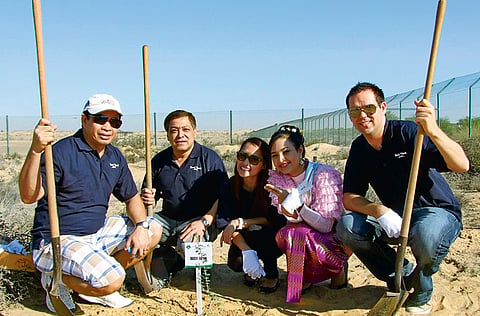It's luxury with a conscience
When it comes to environmentally friendly practices for hotels, is the UAE hospitality industry still restricted to linen and towel reuse programmes?

Inspiring initiatives
The hospitality industry is one of the biggest consumers of resources such as land, energy and water and a green check is therefore imperative. Sensing an opportunity to boost their environmental credentials while impacting the bottom line by saving on energy bills, hoteliers in the UAE are showing interest in adopting green technology. Thai hospitality major Dusit Thani Dubai recorded annual energy savings of upto 20 per cent, 30 per cent in water and 20 per cent reduction in waste disposal after embracing green standards. Meanwhile, the Mövenpick Hotel Jumeirah Beach saved 80,000 kWh in electricity and 5,000 cubic metres of water in 2011 by undertaking green initiatives.
Dubai headquartered Jumeirah Group aggressively employs ecologically credible business practices and technologies to reduce any adverse impact on the environment as a result of its operation.
Waste disposal systems
Despite such concerns, going green definitely makes sound business sense for the UAE hospitality sector.



